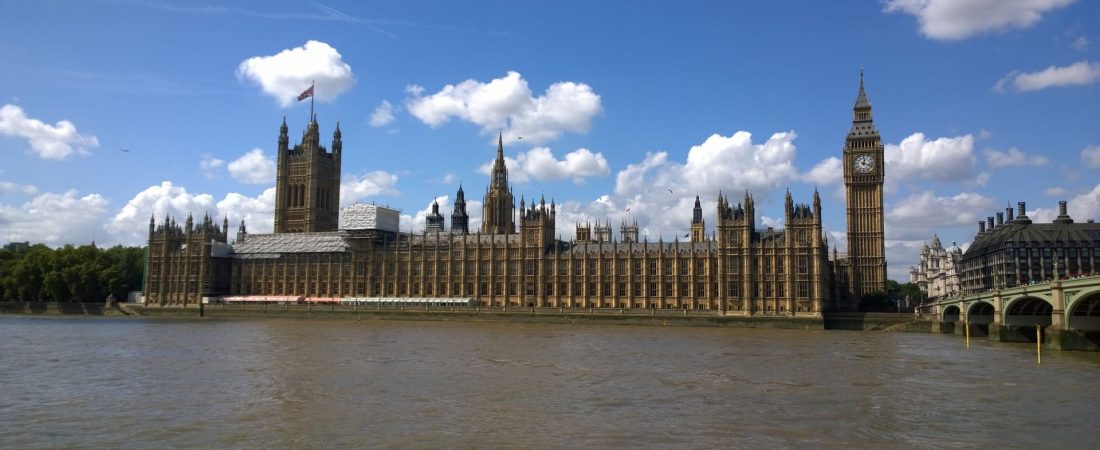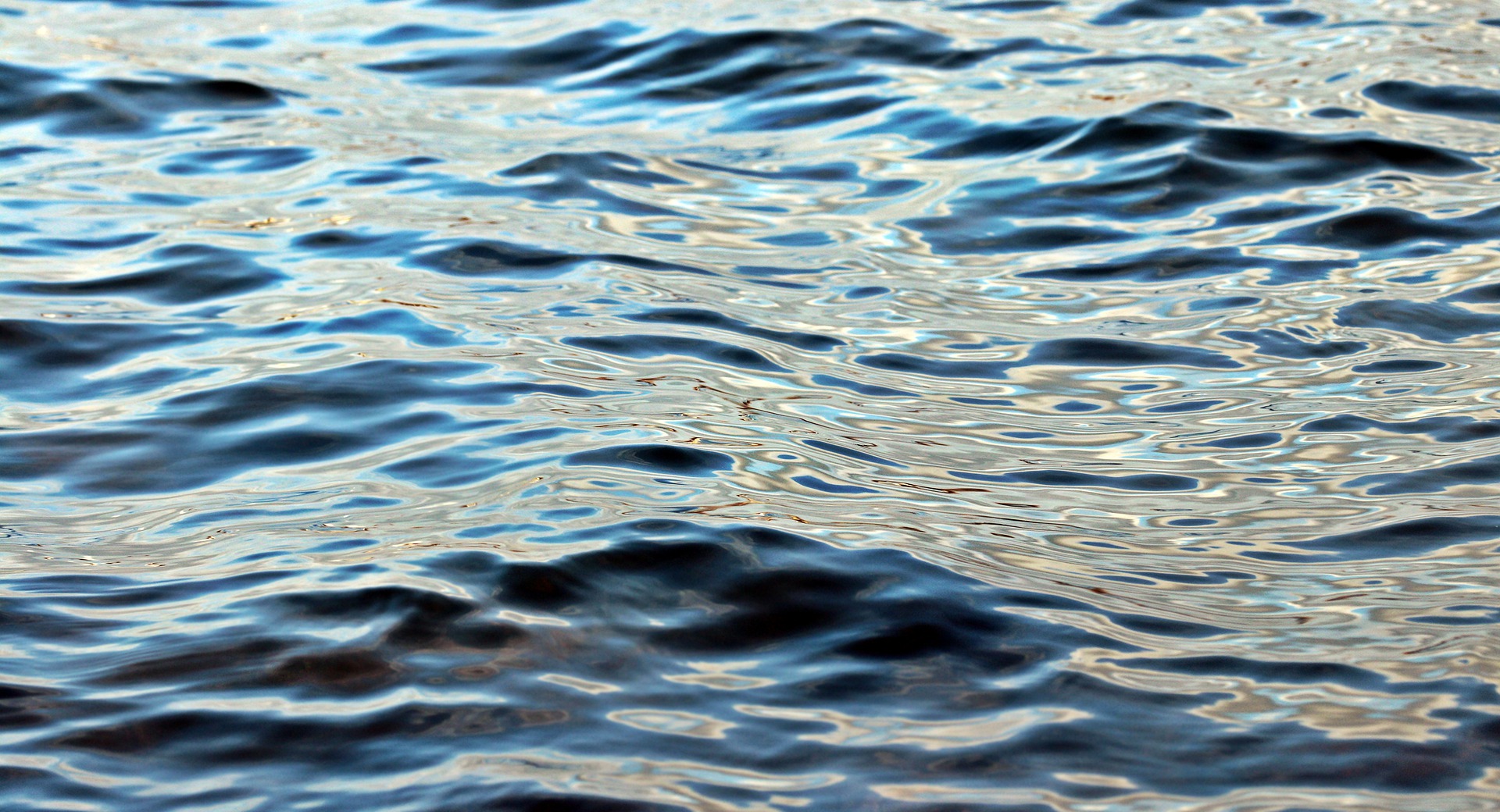Lincoln Legal Experts Contribute to Important House of Lords Report

Professor Richard Barnes (Lincoln law School) and Professor Elizabeth Kirk (Professor of Global and Ecological Justice, Director of the Lincoln Centre for Ecological Justice) have made important contributions to a significant report published by the House of Lords on the law of the sea in the 21st century.
On 1st March, the House of Lords International Relations and Defence Committee released the findings and recommendations from their enquiry into the fitness for purpose of the current legal regime.
Amongst the key findings, supported by Professor Barnes and Kirk, were: the need to enhance governance of the high seas and strengthen control over harmful activities such as marine pollution and overfishing; building up cooperative frameworks to tackle security issues at sea, such as piracy and armed robbery; and enhancing the protection of human rights at sea, particularly in light of mass migrations of people by sea.
Professor Richard Barnes (Lincoln law School) and Professor Elizabeth Kirk (Professor of Global and Ecological Justice, Director of the Lincoln Centre for Ecological Justice) have made important contributions to a significant report published by the House of Lords on the law of the sea in the 21st century.
On 1st March, the House of Lords International Relations and Defence Committee released the findings and recommendations from their enquiry into the fitness for purpose of the current legal regime. Amongst the key findings, supported by Professors Barnes and Kirk, were: the need to enhance governance of the high seas and strengthen control over harmful activities such as marine pollution and overfishing; building up cooperative frameworks to tackle security issues at sea, such as piracy and armed robbery; and enhancing the protection of human rights at sea, particularly in light of mass migrations of people by sea.

The United Nations Convention on the Law of the Sea is a ‘constitution for the oceans’. It is foundational to all aspects of oceans use. The oceans are under increasing pressure from new activities such as deep seabed mining, and renewable energy generation, whilst existing activities such as fishing, shipping and offshore oil and gas alongside pollution problems such as that posed by plastics are increasing pressure on valuable but limited ocean resources.
The oceans can be sites of conflict and dispute between states. And there is increasing concern about threats to security from harmful activities, such as overexploitation of resources and pollution, as well as illegal activities such as trafficking of people. Whilst the legal framework does not need a radical overhaul, Professors Barnes and Kirk would stress that we cannot be complacent and that more work is need to ensure the Convention and related legal instruments remain fit for purpose.
These issues are addressed in the work of Professors Barnes and Kirk and by colleagues in the Lincoln Centre for Ecological Justice, a multidisciplinary research centre focussed on improving our understanding of how best to make the necessary changes in human and institutional behaviour at a level and degree that will help protect and revitalise our ecosystem processes, including those found within the oceans and ensure a just sharing of the benefits derived from those ecosystems.
Professor Kirk noted “with so many challenges facing the world at present, from the Russian invasion of Ukraine, to the continuing Covid-19 pandemic, it is easy to lose sight of the importance of our oceans to us. It is vital, however, that we keep sight of the role that oceans play in providing food security, as a sink for green house gases and in securing safe transport for goods. To continue to enjoy these benefits, we need to review and enhance existing governance systems for the oceans.”
